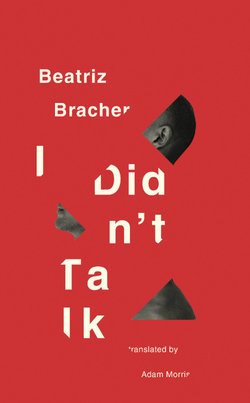
“Stories are the shape we give things to pass the time on the bus, in line at the bank, at the bakery counter,” says Gustavo, the protagonist of I Didn’t Talk (the first novel by Brazilian writer Beatriz Bracher to appear in English translation, and the latest selection from the Asymptote Book Club). Gustavo would like to tell his story, if it could exist as a thought without word, without shape. He is a professor of education, sorting through his papers as he prepares to retire. In 1970, he was arrested and tortured under the military dictatorship, along with his brother-in-law Armando, who was killed. Gustavo is adamant that he did not give Armando up: he didn’t talk.
But he’s talking now. He has been introduced to a young woman, Cecília, who is writing a novel set at the time of the dictatorship, and would like to interview him as part of her research. Gustavo reflects on the nature of that research:
After these interviews she’ll know more about the period than the people who lived through it. But, as under torture, they each will tell her only what doesn’t threaten, what doesn’t weigh on their present. And so, perhaps it’s not possible to have a collective return to what happened, only an individual one.
(translation by Adam Morris)
So, any story that Cecília tells about that time will necessarily be a composite put together from fragments. There are also other kinds of shifting, partial stories surrounding Gustavo, such as the unpublished autobiographical novel by his brother José, which deviates from his own recollections. Furthermore, Gustavo’s story as he tells it is itself a composite, switching back and forth (seemingly as whim takes him) between personal memories, accounts of the present, and commentary on language and education.
By novel’s end, Gustavo has told a story of himself, shapeless as it might seem to him. In the process, he examines what it is to have lived through his experiences, and confronts the implications of seeking not to rock the boat in life subsequently. It feels a little glib to end on a pun and say that I Didn’t Talk speaks eloquently, but… that’s what the book does. This is a strong English-language debut from Bracher; I hope there is more to come.
Book details
I Didn’t Talk (2004) by Beatriz Bracher, tr. Adam Morris (2018), New Directions, 149 pages, paperback (source: personal copy).
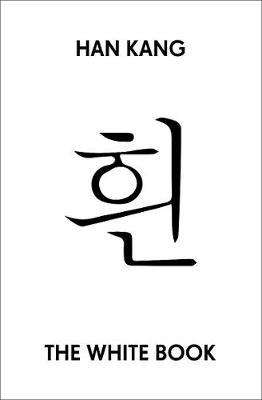
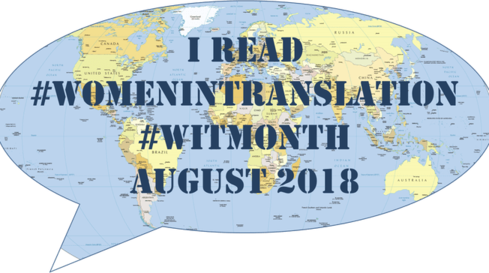

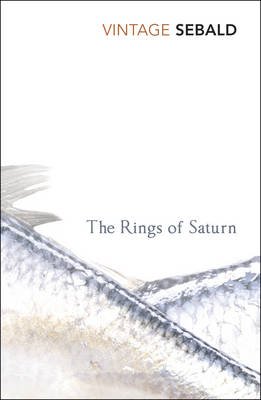
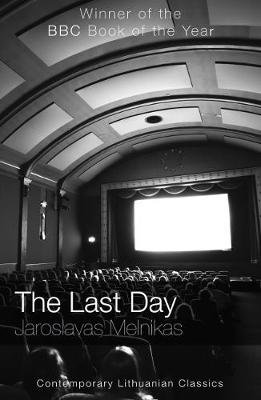




Recent Comments